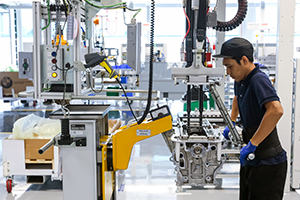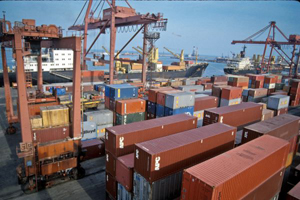
Shujiro Urata
Shujiro Urata is a visiting fellow at ADBI, Tokyo, and senior research advisor to the president of the Economic Research Institute for ASEAN and East Asia, Jakarta.

- Economics, Governance and public sector management, Industry and trade, Private sector development

- Regional cooperation and integration
